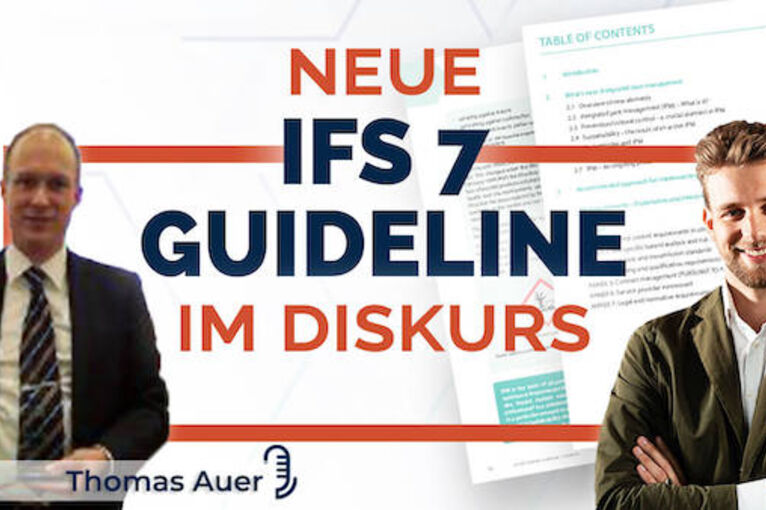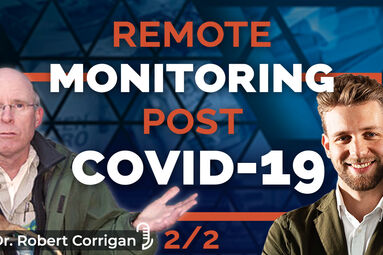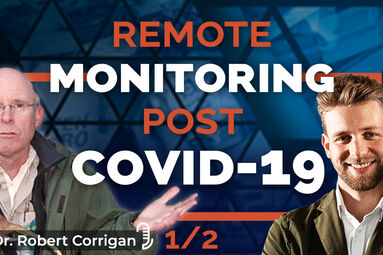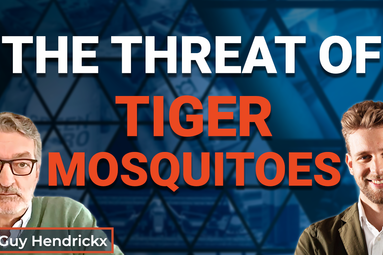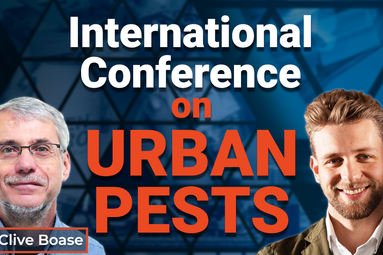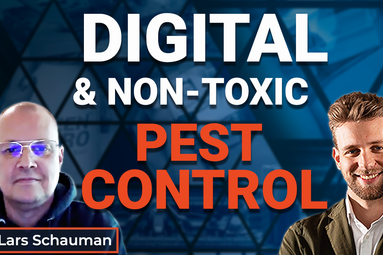Once again Talking Pest Management catches up with Peter Trotman, based in the UK and managing director of pest control company, Pest Pulse.
Discussing the current Covid crisis, Peter says he was not surprised pest control was deemed an essential service and explains how the lockdown has actually been a benefit for practical pest controllers. With facilities closed down, this has provided the opportunity to spend extended periods of time in situations where access was previously highly restricted.
Covid has also raised the awareness of the benefits of pest control with customers along with the increasing professionalism of technicians – he congratulates CEPA on all they have done gaining recognition for the industry via the MoU (Memorandum of Understanding).
Regarding rodent behavior, mice and run-through boxes had attracted his attention. Peter explains that as a company they extensively use run-through boxes with double traps at each end where mice are usually captured on the second, inner trap, indicating they are entering at some speed. Some four weeks into lockdown, with far fewer humans around, mice were no longer scurrying around at such velocity and were being caught, and in larger numbers, on the first trap. Mice activity had now reached the lowest level he had ever seen.
On the other hand, rat numbers had increased; their behavior had become more aggressive, and with a lack of available street food they were gnawing into bins. “Mice down – rats up.”
As to the future use of smart technology, Peter explains how the use of the remote monitoring technology is now much easier, and also cheaper, so now equals the cost of traditional pest control. But on a practical level he is still learning how ‘smart’ and ‘traditional’ can work alongside each other. “Smart and traditional complement each other.”
As to the future, asked how Covid is likely to affect the pest control industry, Peter recounts a recent discussion he had with a City investment analyst. Whilst several pest control clients are likely to suffer, they are still willing to spend money on pest control – so the industry as a whole is reasonably robust. With increased remote working, there will be more choice in the labor market and pest control may well become more attractive to the younger generation who can foresee a longer term career within this sector.

